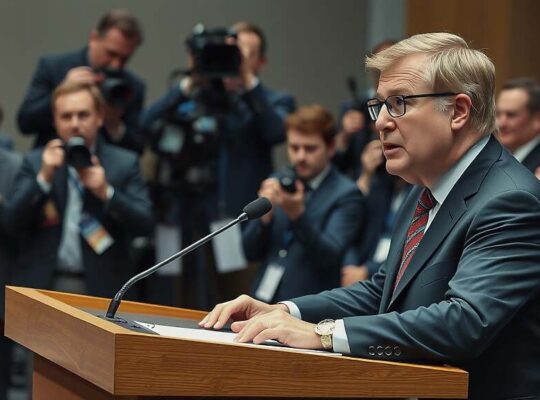The German government is prioritizing the maintenance of Germany’s industrial base through adjustments to its energy transition policies, according to Economics Minister Katarina Reiche. Addressing RTL and ntv broadcasters, Reiche emphasized the need for a pragmatic re-evaluation of the energy transition’s current trajectory.
A key component of this revised approach focuses on ensuring the affordability and reliability of energy supply. Reiche underscored the necessity of a continually secure energy infrastructure, acknowledging the intermittency of renewable sources. “What do we do when the wind doesn’t blow and the sun doesn’t shine? Then we need secured capacity, initially in the form of gas-fired power plants” she stated.
The coalition agreement mandates the construction of gas-fired power plants with a capacity of approximately 20 gigawatts, which translates to roughly 40 plants. The Federal Network Agency anticipates an even larger gap in capacity after 2031, potentially reaching up to 36 gigawatts. To proactively address this, the government intends to launch a tender process for gas-fired power plants by the end of the year. This preparation is strategically timed to ensure a secure gas supply by 2030, when this shortfall is projected to begin. Reiche concluded by reiterating the government’s commitment to safeguarding Germany’s energy security.












